Skincare From Your Kitchen: Make These DIY Toners and AHA Masks at Home
Believe it or not, as skincare continues to pick up and become an integral part of the routine of millions of people, most continue to ask just one question – How do I care for my skin without spending thousands? In an age where excessive 20-step routines, synthetic acid peel masks, expensive chemical procedures, and products saturate the market, our skincare experts at You Care are here to guide you back to your roots with simple DIY toners and natural AHA (alpha hydroxy acid) masks in your kitchen.
DIY toners
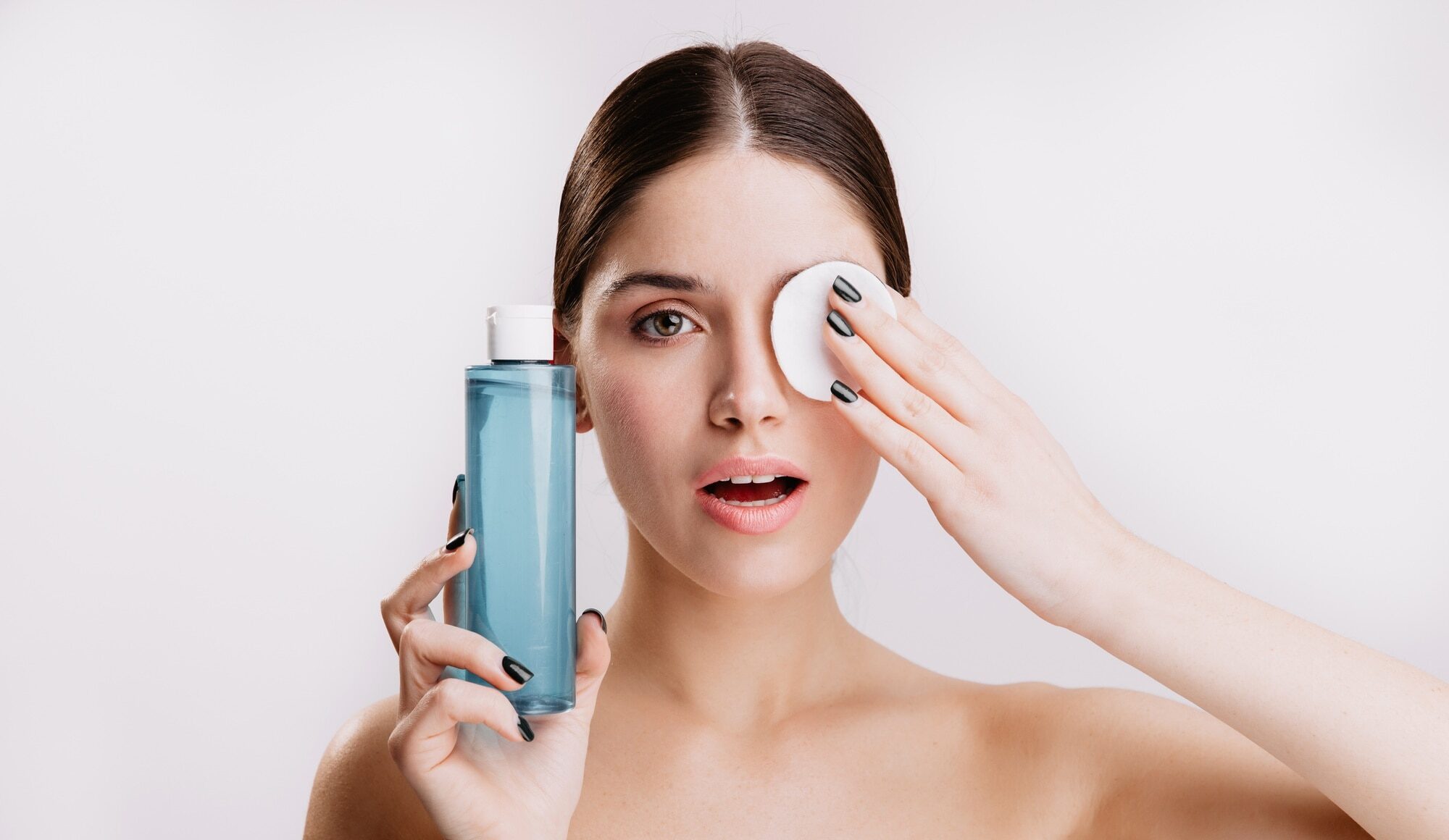
What is toning all about?
- Toning is a skincare step that comes directly after washing your face.
- A toner is a liquid that can be applied with your clean hands, a cotton pad, or sprayed directly onto your face.
What does it do for skincare?
It helps remove leftover dirt or makeup after a face wash and also helps neutralize your skin pH. Our integrative skincare experts have put together three DIY toners. Another way to use these toners is to freeze them in an ice cube tray and use them post-face wash or scrubs. If you have sensitive skin, avoid ice cubes and use them in liquid form.
Homemade Rosewater or Organic Distilled Rosewater
For: Sensitive skin
Method:
- Add 2 drops of lavender essential oil to 20 ml of rosewater.
- Transfer to a glass jar or spray bottle for use.
Super benefits
- Rosewater is gentle and hydrating.
- Lavender oil soothes your skin.
Rice Water
For: Oily or Acne-prone skin
Method
- Take a half cup of rice and fill it with water until covered.
- Let the rice soak for a few minutes until the water turns cloudy.
- Strain the water and use this rice toner.
- You can also add 2 to 3 drops of tea tree essential oil.
- Pour into a glass jar or spray bottle. Store in the refrigerator and use within for 4 to 5 days.
- Once you clean your face, soak a cotton pad in rice water and apply.
Super benefits
- Rice water has moisturizing and antioxidant properties.
- Tea Tree oil has anti-inflammatory properties.
Cucumber Water
For: Dry skin
Method
- Peel, chop, and blend a cucumber.
- Drain the juice into a bowl through a sieve.
- Add a drop of Vitamin E oil or use a Vitamin E capsule. Mix well.
- Transfer into a glass bottle or jar.
- Refrigerate for storage and use within one week.
Super benefits
- Cucumber is water-rich and nourishes dry or irritated skin.
- Vitamin E is an antioxidant that protects and repairs your skin and prevents premature aging.
DIY AHA masks
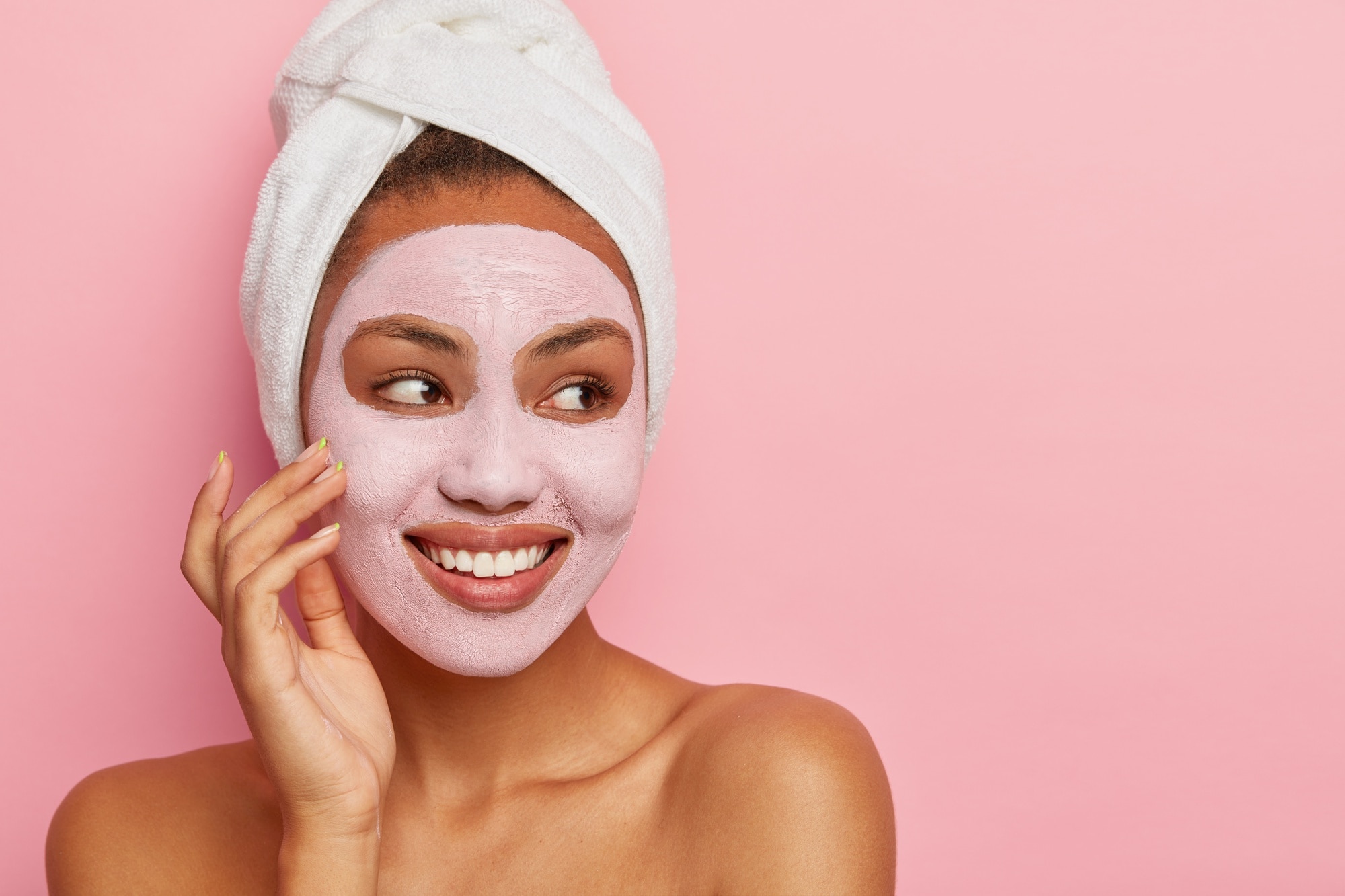
How many of you have turned to acid peels or acids used in skincare products that promise you the glow of your dreams? Did you know these acids are synthetically produced? It means there is always a high chance of an allergic reaction. Or even worse, you run a risk of aggravating your existing skin issues further. Is there a safer way to get the same benefits from ingredients that can be easily found in your refrigerator and kitchen? YES. But before we delve into that, let’s first understand the commonly used acids in products.
AHA (alpha hydroxy acid) are water-soluble acids used in cleansers, toners, moisturizers, scrubs, peels, and masks. They are used to exfoliate the skin and have benefits like reducing skin inflammation, unclogging and tightening pores, managing fine lines and wrinkles, even your skin tone, improving texture, getting rid of dead skin cells, and so on.
- Acne-prone skin: Azelaic acid, salicylic acid, glycolic acid, lactic acid, mandelic acid
- Mature skin: Glycolic acid, lactic acid, ascorbic acid, ferulic acid
- Fading pigmentation: Kojic acid, azelaic acid, glycolic acid, lactic acid, linoleic acid, ascorbic acid, ferulic acid
Natural alternatives to these acids can be found in:
Salicylic acid
This is a colorless and crystalline organic acid that melts at 159°C. It is soluble in alcohol but slightly soluble in water. Salicylic acid is an ingredient used in many over-the-counter acne medications too.
Its natural sources include olives, tomatoes, mushrooms, radishes, chicory, apricots, blackberries, blueberries, cantaloupe, dates, guava, and raisins.
Glycolic acid
It is the smallest acid of the AHA group, which allows it to quickly and easily penetrate the skin. When used on your skin, glycolic acid acts as a gentle exfoliant by breaking down dead skin cells, oil, dirt, and debris that can accumulate in your pores. Natural sources of it include blueberries, cantaloupe, and sugarcane.
Lactic acid
This type of AHA acid is used in skin care products to improve skin texture and lighten it. Natural sources of it include fermented foods such as yogurt and soured milk (buttermilk).
Mandelic acid
It is naturally derived from bitter almonds and works by gently exfoliating the skin. It loosens the bonds that hold dead cells on the surface of the skin, allowing them to shed more effectively.
Azelaic acid
It is a naturally occurring acid found in grains such as barley, wheat, and rye. It has antimicrobial and anti-inflammatory properties and is effective in the treatment of skin conditions like acne and rosacea. It is also produced by Malassezia furfur, also known as Pityrosporum ovale, a species of fungus normally found on human skin. It works in part by preventing the growth of skin bacteria that cause acne and your pores clear.
Ascorbic acid
It maintains the elasticity and resilience of the skin by boosting collagen production. Ascorbic acid is found in citrus fruits, like oranges, lemon and grapefruit, amla, tomato, sprouted grains, and green leafy vegetables. Amla is the second richest source of it after Barbados cherries.
Ferulic acid
It is available in both supplemental forms and as part of anti-aging serums. The primary role of this is to fight off free radicals, which play a role in age-related skin issues, including age spots and wrinkles.
Natural sources include most whole-grain cereals – oats, rice, rye, barley, wheat, and corn. Wheat bran is especially rich in ferulic acid, but corn is its best source.
Kojic acid
It is made from several different types of fungi. It is also a by-product of certain fermented foods including Japanese sake, soy sauce, and rice wine. Japanese fermented rice water used widely in skincare and hair care products is rich in kojic acid and has skin-lightening properties.
How to make your Natural AHA masks at home?
Yogurt and amla mask
- Take 1 tbsp yogurt and 1 tbsp of amla juice. Mix them well and apply.
- Leave it on for 10-15 minutes before washing off.
Lemon and honey mask
- Take 1 tsp lemon juice,1 tsp raw organic honey, and a pinch of turmeric.
- Mix it well and apply it to the skin. Leave it for 10-15 minutes and wash it off.
Anti-aging wine mask
- Take 1 tsp red or white wine, the pulp of 2 to 3 red grapes, 1 tsp bentonite clay, and ½ tsp raw organic honey. Mix it well.
- Apply it to the skin, and leave it for 10-15 minutes before washing it off.
Lemon and raw milk mask
- Take 1 tbsp raw milk and 1 tbsp lemon juice. Let the milk sit for 1 to 2 hours.
- Once the milk curdles, add 1 tsp of oats flour. Mix it well to make a paste.
- Apply it on the skin for 20 minutes (you can even keep it for a longer time), and wash it off.
Apple Cider Vinegar mask
If you have sensitive skin, avoid this mask.
- Take 1 tbsp of apple cider vinegar, 1 tbsp rose water or plain water, and 1 tbsp lemon juice.
- Soak a cotton swab in this solution and rub it gently on the skin in a circular motion.
- Avoid areas around the eyes. If you experience a tingling sensation, dilute it with water.
- Wash it off with plain water.
Disclaimer: Always conduct a patch test on the inside of your wrist before using it on your face.
Struggling with skin issues and waiting for the right guidance? Our You Care Wellness Program helps you find a way. Set up a one-on-one consult with our skincare experts today by calling 18001020253 or writing to us info@lukecoutinho.com. You can reach out to us on WhatsApp here.
Know more about our You Care Wellness Skin Care Program here
ALSO WATCH:
RELATED READINGS
Glowing Skin, Shiny Hair & Supple Lips: Make These DIY Scrubs, Masks & Balm at Home
Premature Graying, Hair Fall, Dandruff, and Lackluster Hair? Try 3 DIY Magical
Herbal Oils Today
Want Glowing Skin and Lustrous Hair? THIS Mineral Is Important
|
From a pimple to cancer, our You Care Wellness Program helps you find a way Talk to our integrative team of experts today 18001020253 |

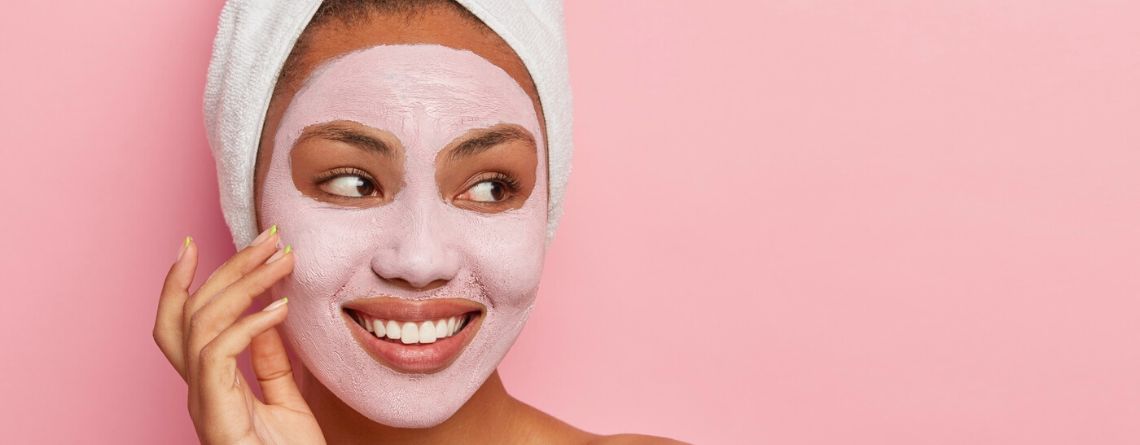

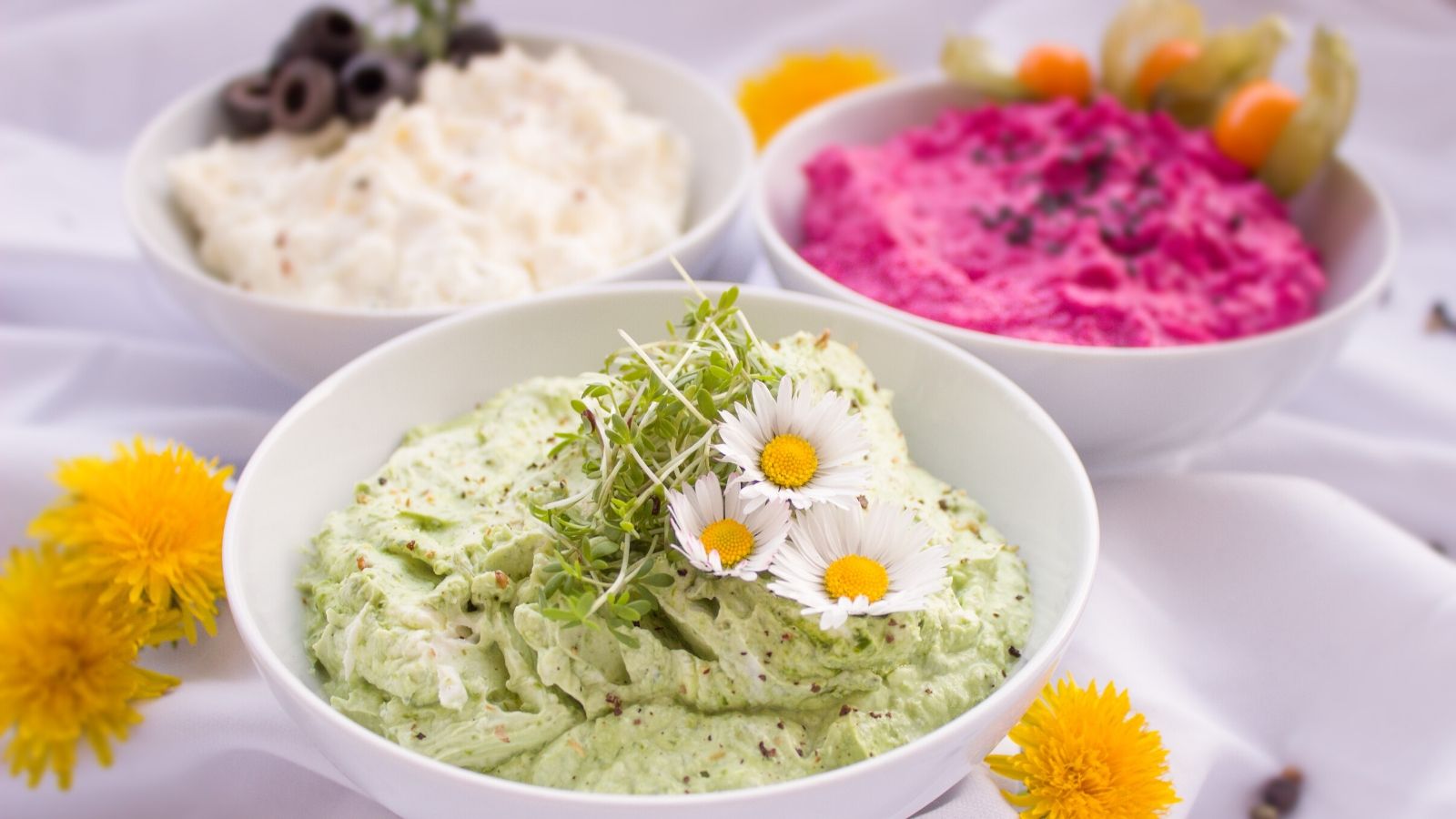
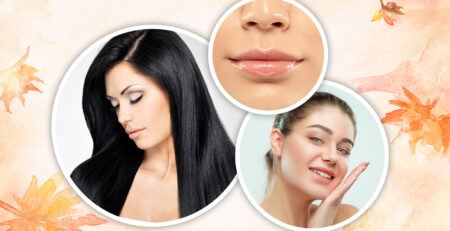
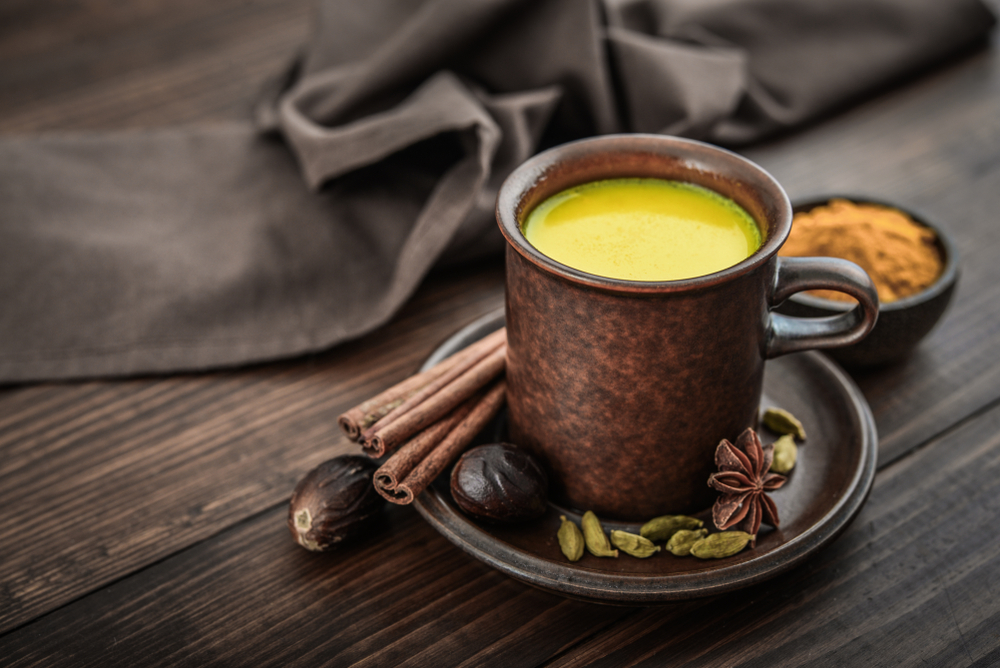
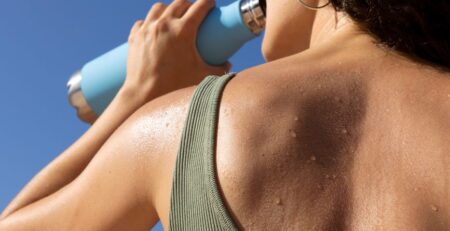
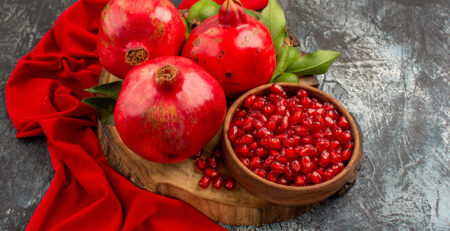

Comments (4)
Hi Luke & Team
Thx for video re Pure Rosewater I’d like to buy but on Googling I was unable to fine what you recommended but yes there were others so which one would you suggest please & I live in UK.
Looking forward to hearing from you you though not personally as you’d be a very busy.
Thx in advance
Kind regards
Yaswanti Patel Fairbairn
Hi Yas,
We do not deliver our products to the UK yet. But hopefully in the future. As for picking the best one, we suggest that you buy chemical-free and artificial-flavor free rose water. Ensure the rose water is transparent. Any other shades indicate artificial ingredients. It should be distilled. So look out for the word or a similar indicator in the ingredients list. Hope this helps.
– Team Luke
Hi luke
Thanks for sending this superb treasures.
U r always there to help community.
That’s really awesome of u
God bless u always and ur team
👏👏👏
Thank you, Hitakshi. Keep winning 🙂